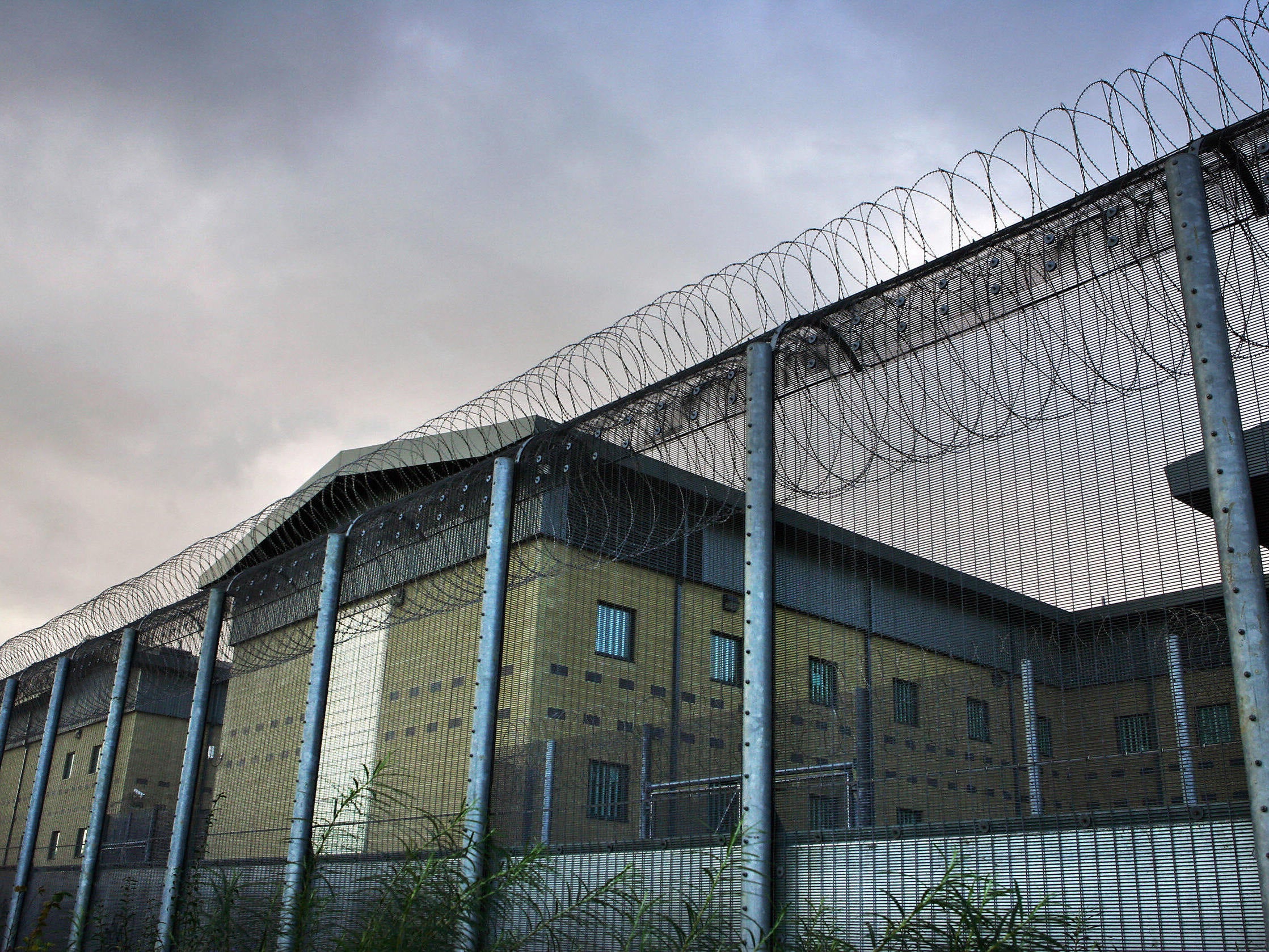I’m an MP, and I visited an immigration detention centre undercover – what I discovered was shocking
Ali had been tortured back home in West Africa, and came to the UK hoping to find safety. But there were times when he thought that going back might be a lesser evil than this


I recently visited an immigration removal centre for men – not as an MP, but as a normal visitor, under the radar. The reality is brutal.
As you enter, you are asked for identification and a proof of address. You leave all your belongings in a locker. You are searched thoroughly. I was told by a charity volunteer that she had sent a CD player to one of the cellmates: it was sent to security, as everything that goes to the centre is, and arrived a month later, broken. You wait in several lobbies before getting to the visits room. You are not announced to the detainee you are visiting. You queue and queue. It quickly becomes clear that you are visiting a prison.
While there, I met a young man, whose name I have changed here to Ali. Ali had been in detention for seven months, moved against his will between four different centres in that time. The centre is designed only for short-term detention immediately prior to deportation. Ali had been in the centre I visited for three months.
Every time Ali was moved, he had to seek new legal representation. That essentially deprived him of a fair review of his case. Ali’s first lawyer asked him for £400, then never replied to his emails and phone calls. The last lawyer he contacted told him there was nothing he could do, and stopped taking his calls. So Ali represented himself. It was of little surprise that he struggled with an unresponsive Home Office and its incoherent procedures.
When I visited, Ali was slowly losing hope and the strength to keep fighting. He had been tortured back home in West Africa, and came to the UK hoping to find safety. But there were times when he thought that going back, even though he has no family left there, might be a lesser evil than having to go through what he was going through in the UK. He told me multiple times that going home to his village would mean being tortured again.
The centre I visited him in has received several complaints, and was described by police inspectors as “fundamentally unsafe”. The men detained there suffer from a particularly harsh “lock-in” system, being shut in for up to 13 hours a day in their cell.
Ali did not have his cell to himself. His former cellmate had serious mental health issues, which Ali had to report multiple times before he was sent to another wing of the centre. Not taken charge or care of – just displaced. Then Ali got a new cellmate, who was a heavy smoker. But Ali doesn’t smoke, the windows do not open, and the ventilation system does not work properly. It is the little details of daily life in immigration removal centres that we do not get to hear: the night before I visited Ali, his cellmate failed to flush the toilet, in a shared room with no partitioning wall or ventilation.

The UK is the only EU country that does not set a specific time limit on immigration detention. Knowing that their detention could be indefinite damages the mental health of those in detention. The centre I visited is within earshot of an airport: every day, detainees live with the audible threat of deportation. The centre has been flagged on several occasions for its lack of proper mental health care
With terrible living conditions and the acute stress of possible deportation and detention without limit, detainees can turn to drugs, which in turn can contribute to extreme violence, suicidal tendencies, and further mental health issues.
Ali was not a criminal. He came to the UK to escape torture. And yet the UK treats him and thousands like him effectively as criminals. But unlike criminals, immigration detainees face no limit to their detention under this Government.
If this hidden reality was not enough, there was to be a grim final twist. As I wrote this piece, I learned that Ali was finally deported back to his country of origin, on Tuesday this week. He has already been severely beaten on his arrival, and has no one to turn to. There are thousands more untold stories like Ali’s. We need to hear them.
Kate Osamor is the Labour MP for Edmonton
Join our commenting forum
Join thought-provoking conversations, follow other Independent readers and see their replies
Comments
Bookmark popover
Removed from bookmarks